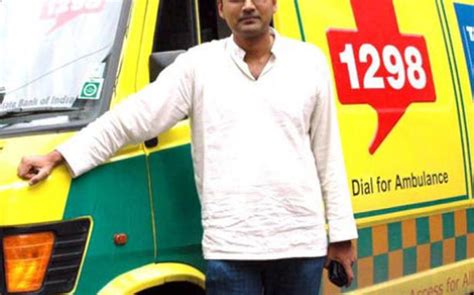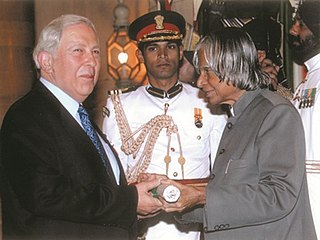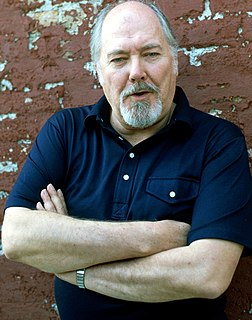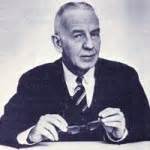A Quote by Shaffi Mather
There is a social stigma attached to ambulance services, mostly because ambulances in India are often used as hearses for carrying the dead rather than transporting patients. We made presentations to graduating students at various healthcare institutes, trying to debunk this myth.
Related Quotes
I was in front of an ambulance the other day, and I noticed that the word ambulance was spelled in reverse print on the hood of the ambulance. And I thought, Well, isn't that clever. I look in the rear-view mirror; I can read the word ambulance behind me. Of course while you're reading, you don't see where you're going, you crash. You need an ambulance. I think they're trying to drum up some business on the way back from lunch.
Many of our students want to do what they have done and that has made them successful thus far in their lives: play by the rules, and do what is expected. But as much social science research and writing by Malcolm Gladwell, among others, make clear, the rules are mostly created by those already in power so obtaining power often entails standing out and breaking rules and social conventions.
I was scared that no one would hire me. At that time, there was still a stigma attached to it. A big stigma. Actually, I think I was healthier after the operation than some people who have bypass surgery because I was completely cured. But when you mentioned "heart transplant," you got a very negative reaction. It triggered people's imaginations, and not in a good way.
Whoo-hoo-hoo, look who knows so much. It just so happens that your friend here is only MOSTLY dead. There's a big difference between mostly dead and all dead. Mostly dead is slightly alive. With all dead, well, with all dead there's usually only one thing you can do. Go through his clothes and look for loose change.



































